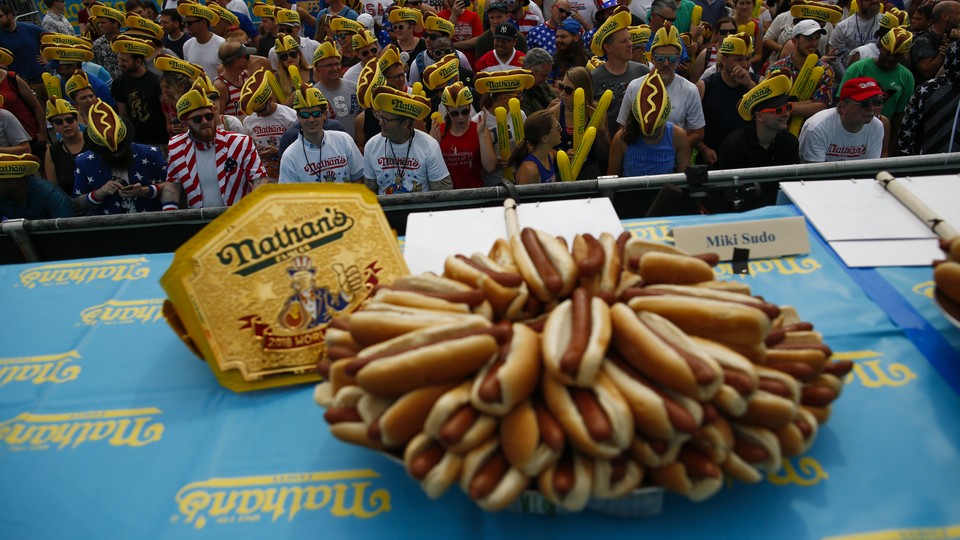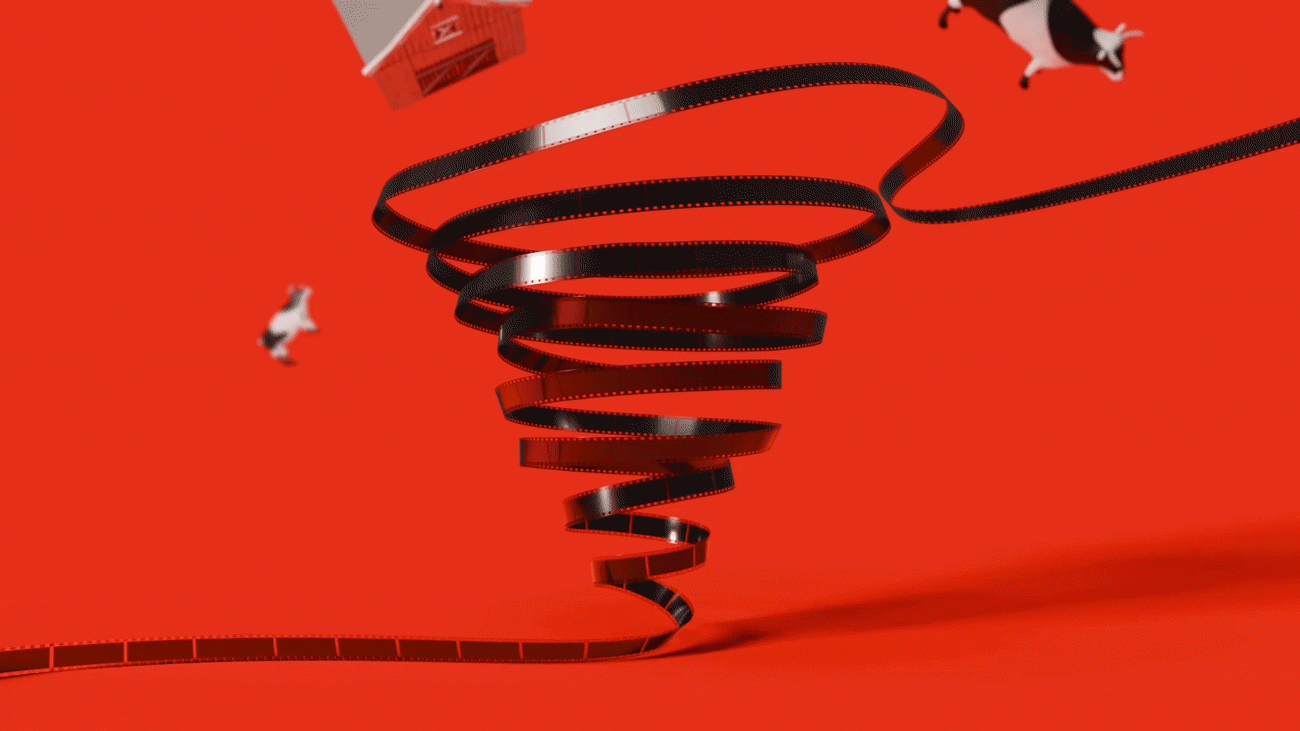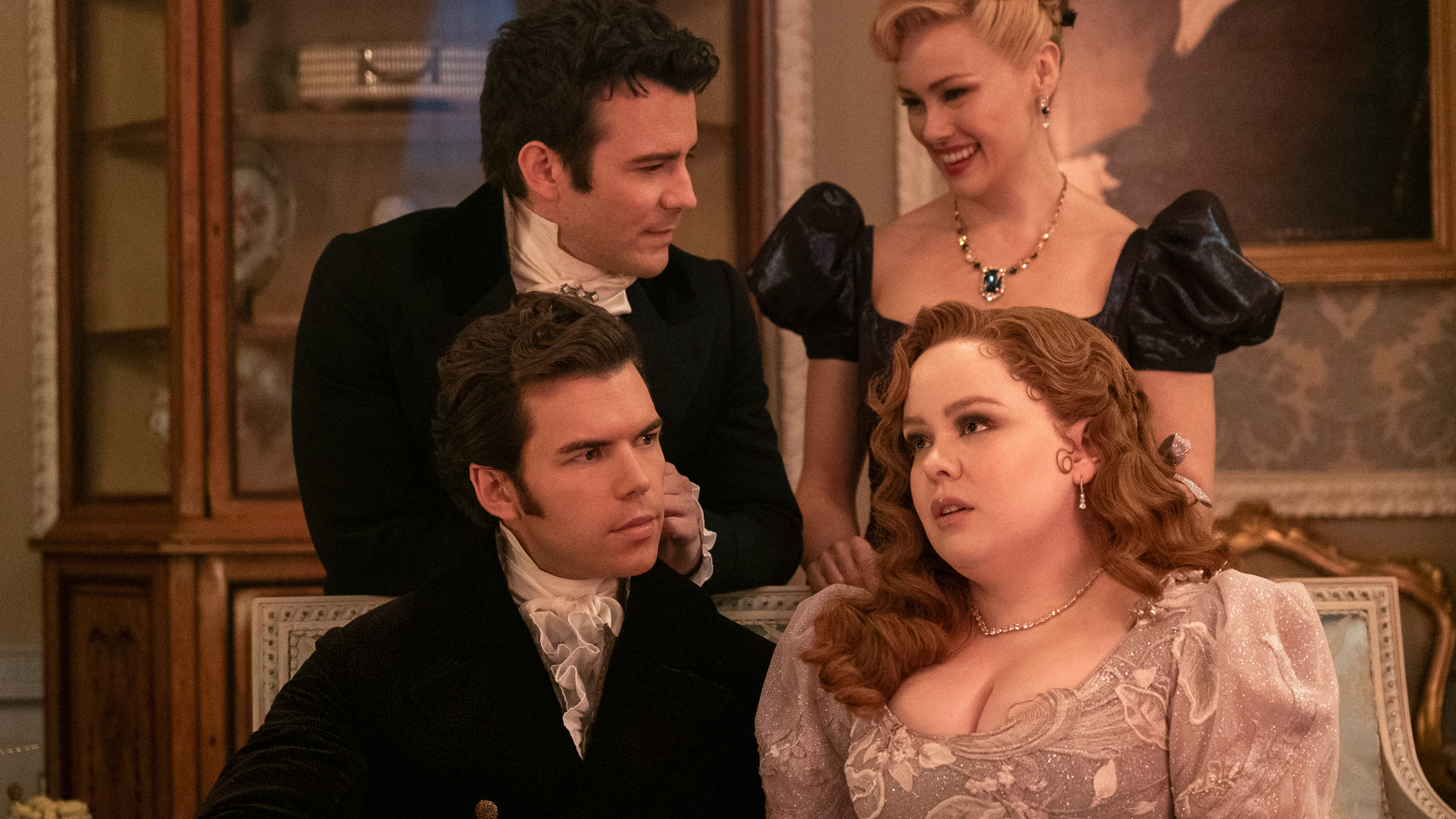An All-American Hot-Dog Controversy
6 min read
This is an edition of The Atlantic Daily, a newsletter that guides you through the biggest stories of the day, helps you discover new ideas, and recommends the best in culture. Sign up for it here.
Hot dogs. The Fourth of July. An opportunely timed Netflix special. Joey Chestnut’s sponsorship dustup is an all-American tale.
First, here are three new stories from The Atlantic:
- Wildfire smoke is a public-health emergency.
- Hussein Ibish: For Hamas, everything is going according to plan.
- The Harlem Renaissance was bigger than Harlem.
Dog Days of Summer
Chaos and confusion have descended on the world of hot dogs.
Earlier this week, news broke that Joey Chestnut, the GOAT of eating a lot of hot dogs very quickly (he holds the world record, at 76 dogs in 10 minutes), would not be competing in this year’s Nathan’s Famous Hot Dog Eating Contest on July 4. The New York Post published a headline on Tuesday about Chestnut’s departure due to “beef over vegan franks” (you have to hand it to them)—the event, according to the Post, had booted Chestnut because of a partnership with the fake-meat company Impossible Foods. Then Chestnut posted on his X account, @joeyjaws, that he “was gutted to learn from the media” about being “banned.” Within a day, Netflix announced that it would be airing a Labor Day hot-dog-eating showdown between Chestnut and his rival Takeru Kobayashi. Its title, predictably, is Chestnut vs. Kobayashi: Unfinished Beef.
That Chestnut had reportedly taken a deal with another hot-dog brand (one that does not even sell real meat!) appeared to be at the core of the dispute. Major League Eating, competitive consumption’s governing body, denied banning Chestnut, saying that the separation was an inevitable outcome of its rules on partnering with competitors: “For nearly two decades we have worked under the same basic hot dog exclusivity provisions,” the organization said in a statement to the Post (“hot dog exclusivity provisions” is an amazing phrase).And as George Shea, the charismatic host of the contest, told The New York Times earlier this week, “It would be like back in the day Michael Jordan coming to Nike, who made his Air Jordans, and saying, ‘I am just going to rep Adidas too’ … It just can’t happen.” Further complicating the story, Chestnut said in his thread on X, “To set the record straight, I do not have a contract with MLE or Nathan’s and they are looking to change the rules from past years.”
Shoving dozens of dogs down one’s gullet is not historically or intuitively an athletic endeavor. Still, enterprising promotional efforts from Shea, in particular, have transformed the Coney Island hot-dog competition from a local novelty into an American pastime. Major League Eating runs competitions throughout the year, including a sweet-corn-consumption event and something called the “Ultimate Bologna Showdown.” But the July 4 contest is the undisputed marquee event.
The league’s reputation is a testament to the power of an all-American impulse: to spin a lucrative business nearly out of thin air. In this case, clever publicists set out to make the hot-dog contest a thing with the help of a seemingly apocryphal origin story. They spread the legend that the Coney Island contest began in 1916, though Nathan’s has said that it had no record of the event before the 1970s. The mythmaking worked: TV replay of the men’s hot-dog-eating contest generally garners more than 1 million annual viewers.
But despite the league’s success, even the champions have struggled to earn as much as they would like. Kobayashi, who dominated in the years before Chestnut ruled the scene, has himself been out of the big competition since 2009 because of a contract dispute with Major League Eating. As Adam Felder wrote in The Atlantic in 2013, competitive eaters “leverage their limited celebrity into endorsement deals and sponsorships the same way that LeBron James and Kobe Bryant earn money well beyond their player contracts.”
The MLE is no NBA. But these competitors, Felder explains, are not immune to some of the dynamics that plague other, more conventional competitive leagues. As anyone who has followed Caitlin Clark’s ascent knows, the superstar receives a modest salary from the WNBA; she, like many athletes with a large following, supplements that base pay with lucrative brand deals. Clark has brought attention to low pay in sports—a dynamic that’s surprisingly common for athletes across the board but especially pervasive for women. The astronomical pay packages that star players in popular sports receive are rare compared with the many athletes who must work second jobs. A survey of about 500 Olympians and elite professional athletes released in 2020 found that nearly 60 percent say they are not financially stable. Chestnut is the star of his league, but even he is hustling.
What Chestnut and the league have shared over the past 19 years is mutually beneficial: Their relationship catapulted both sides closer to mainstream fame and wealth through an improbable endeavor. And its demise is not a fait accompli. Shea has left the door open for Chestnut to return to the July 4 contest. The Netflix special is on the calendar. And maybe, still, after all this drama, Chestnut will compete on Coney Island next month, looming larger than ever in the public imagination. Perhaps his hot dogs will taste all the better.
Related:
- No sport is safe. (From 2013)
- It’s not a sandwich. (From 2015)
Today’s News
- Russian President Vladimir Putin demanded that Ukraine forfeit four southeastern regions, which make up more than one-fifth of Ukraine’s sovereign territory, as a condition for a permanent cease-fire.
- In a 6–3 vote, the Supreme Court struck down a Trump-era ban on bump stocks, an accessory for semiautomatic rifles that can allow them to rapidly fire rounds.
- The Justice Department declined to prosecute Attorney General Merrick Garland, who was found to be in contempt of Congress for refusing to hand over the audio tapes of Special Counsel Robert Hur’s interviews with President Joe Biden.
Dispatches
- Work in Progress: Americans are mad about the wrong costs, Annie Lowrey writes. “Don’t complain about the price of a Big Mac. Complain about the price of a house.”
- The Books Briefing: Writer’s block is a common affliction, for which there is no silver-bullet cure, Gal Beckerman writes. But some books can help you get out of a creative rut.
Explore all of our newsletters here.
Evening Read

The Most Influential Climate-Disaster Thriller of All Time
By Shirley Li
Lee Isaac Chung was a junior in high school in 1996 when he and his father walked into a theater in Fayetteville, Arkansas, to watch a movie about tornadoes. Chung was skeptical of the premise. How could you make a whole movie about this? he wondered. If a tornado comes, you just run and hide.
Throughout his childhood, when tornado season descended upon rural Arkansas, Chung would head outside to gaze at approaching storms. He found the buildup irresistible—the darkening skies, the shifting temperatures, the way the air itself seemed to change. “I would stay out there until it started raining,” he told me recently. “The adults are grabbing all the stuff, and I’m just standing out there, like …” He demonstrated: neck craned upward, eyes open wide, arms outstretched as if ready to catch the clouds.
Read the full article.
More From The Atlantic
- A generation of AI guinea pigs
- One satellite crash could upend modern life.
- Boston should rename its airport for Bill Russell.
Culture Break

Watch.Bridgerton (streaming on Netflix) faced the limits of romantic fantasy and came out with a wittier, more biting show in Season 3, Shirley Li writes.
Read. Rachel Cusk once abandoned plot in her fiction. Now, in her latest book, Parade, characters must go too.
Play our daily crossword.
P.S.
I just finished reading Dr. No, a madcap satire by one of America’s all-time-great puncturers of American myth: Percival Everett. In the novel, Everett sends up James Bond films, race relations, and math professors. We learn early on that the hero of the novel is a scholar of nothing—it’s not that he doesn’t study anything; it’s that he studies the concept of nothing. Much wordplay and antics ensue, some of which go off the rails. But reading this novel is at least as fun as watching a hot-dog-eating competition—and more narratively compelling than even the greatest spun-up promotional backstory.
— Lora
Stephanie Bai contributed to this newsletter.
When you buy a book using a link in this newsletter, we receive a commission. Thank you for supporting The Atlantic.



